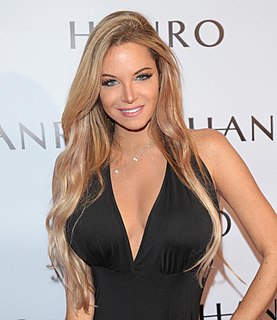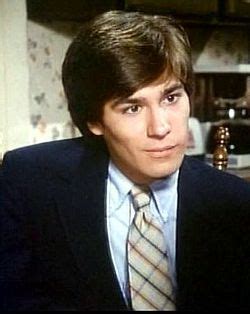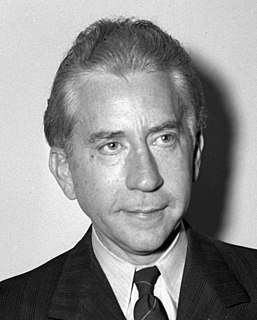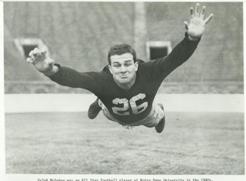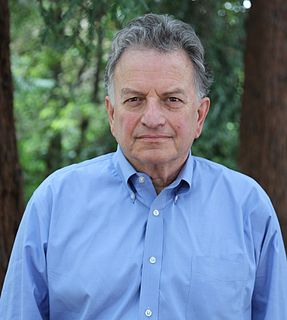A Quote by Michael Parenti
The [CIA] Agency has owned outright more than 240 Media operations around the world, including newspapers, magazines, publishing houses, radio and television stations, and wire services, and has partially controlled many more.
Related Quotes
We are extremely proud to represent all of Radio One's stations within the Katz Radio Group. For the past five years we have worked diligently alongside Radio One to build their business in the markets we have historically represented including Houston, Los Angeles, Philadelphia , Raleigh and Columbus. At a time of significant growth in the African American consumer market the addition of the remaining Radio One stations expands our ability to deliver strategic marketing solutions to our agency and advertiser customers.
There is state-run television in Russia, which is more loyal to the state, as it always is with state television in any country. We have private owned networks; some of them are oppositional. We have thousands of regional networks that, in their regions, are more watched than the so-called federal stations.
With the communication internet, whole industries have been disrupted. You're in the publishing industry, you understand that. Before, we had newspapers, magazines - now you're on the web. I'm in book publishing. I don't have to tell you what's happened to us. Television has taken a hit. The music industry. But, thousands of new businesses have emerged on this new communication revolution platform. Not just Google, Facebook, and Twitter. There are thousands of operations. Businesses that are doing the platforms, the apps. They're mining the big data. They're creating the connections.
All the things I used to count on to get my music out there - record companies, they're all gone. And radio stations, they're gone - they're completely controlled by the government. If they're not controlled by the government, they're controlled by a programmer who's controlled by the government. Mainstream radio is suspect. You can't trust it.
Some of our newspapers and magazines are more concerned with the welfare of their advertisers than they are with the dissemination of news and the discussion of matters of lasting importance. ...Radio, television, motion pictures, popular books - all contribute...to...the stifling of dissent on all but the most banal levels. ...a renunciation of the most basic and precious of democratic principles.
I own no TV stations, or Radio Stations or Newspapers. But I feel that people need to be educated as to what is going on, and to understand the connection between the news media and the instruments of repression in Amerika. All I have is my voice, my spirit and the will to tell the truth. But I sincerely ask, those of you in the Black media, those of you in the progressive media, those of you who believe in true freedom, to publish this statement and to let people know what is happening. We have no voice, so you must be the voice of the voiceless.
I have quite a bit of experience reporting on corporate behavior, both doing it with independent operations in early in my career, in the underground press, to magazines like 'Rolling Stone,' to regional newspapers and television, and television news programs, to papers like the 'New York Times' and public television.
Corporations that are turning over these huge profits can own everything: the media, the universities, the mines, the weapons industry, insurance hospitals, drug companies, non-governmental organisations. They can buy judges, journalists, politicians, publishing houses, television stations, bookshops and even activists. This kind of monopoly, this cross-ownership of businesses, has to stop.
Television in the 1960s & 70s had just as much dross and the programmes were a lot more tediously patronising than they are now. Memory truncates occasional gems into a glittering skein of brilliance. More television, more channels means more good television and, of course, more bad. The same equation applies to publishing, film and, I expect, sumo wrestling.


